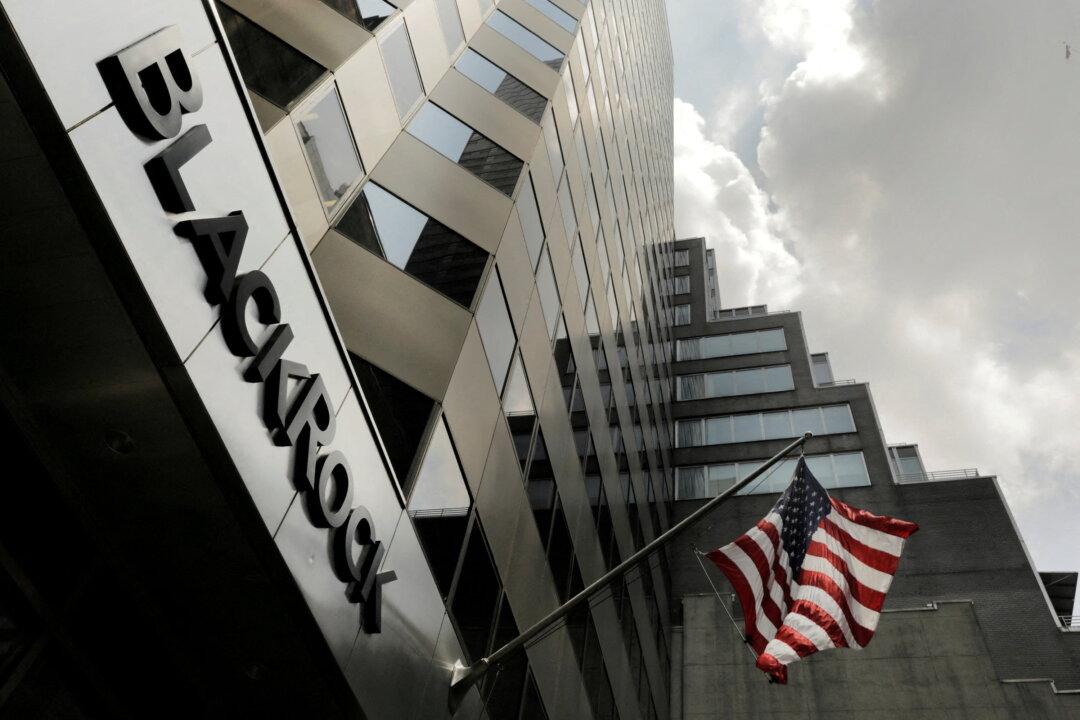Commentary
One of the biggest laughs in the 1977 Tony-winning Broadway musical Annie was when the President and Mrs. Roosevelt accept tycoon Daddy Warbucks’s invitation to Christmas Eve dinner, and Warbucks, having not thought they would, barks, “Call Al Smith and find out what Democrats eat.”





